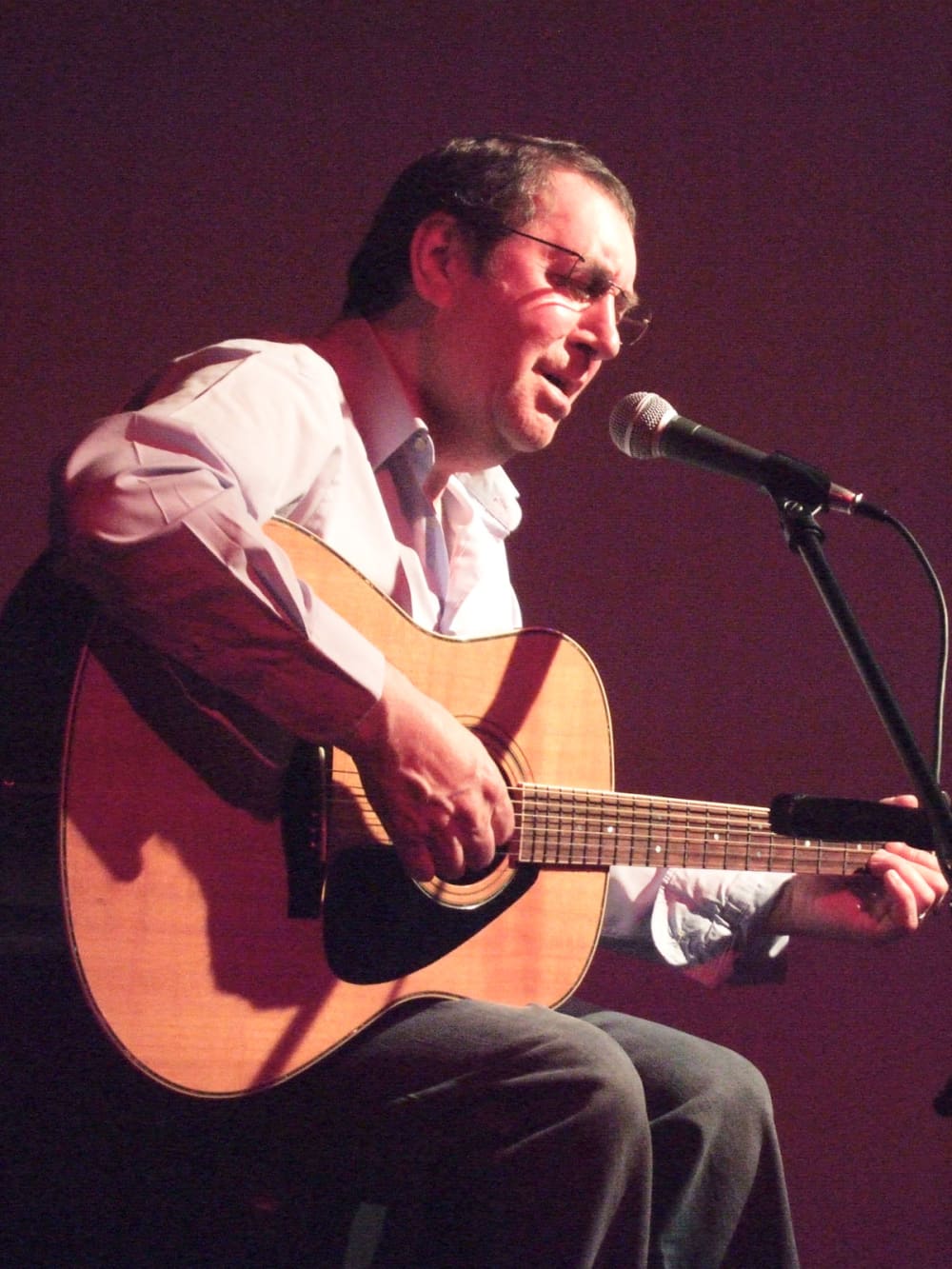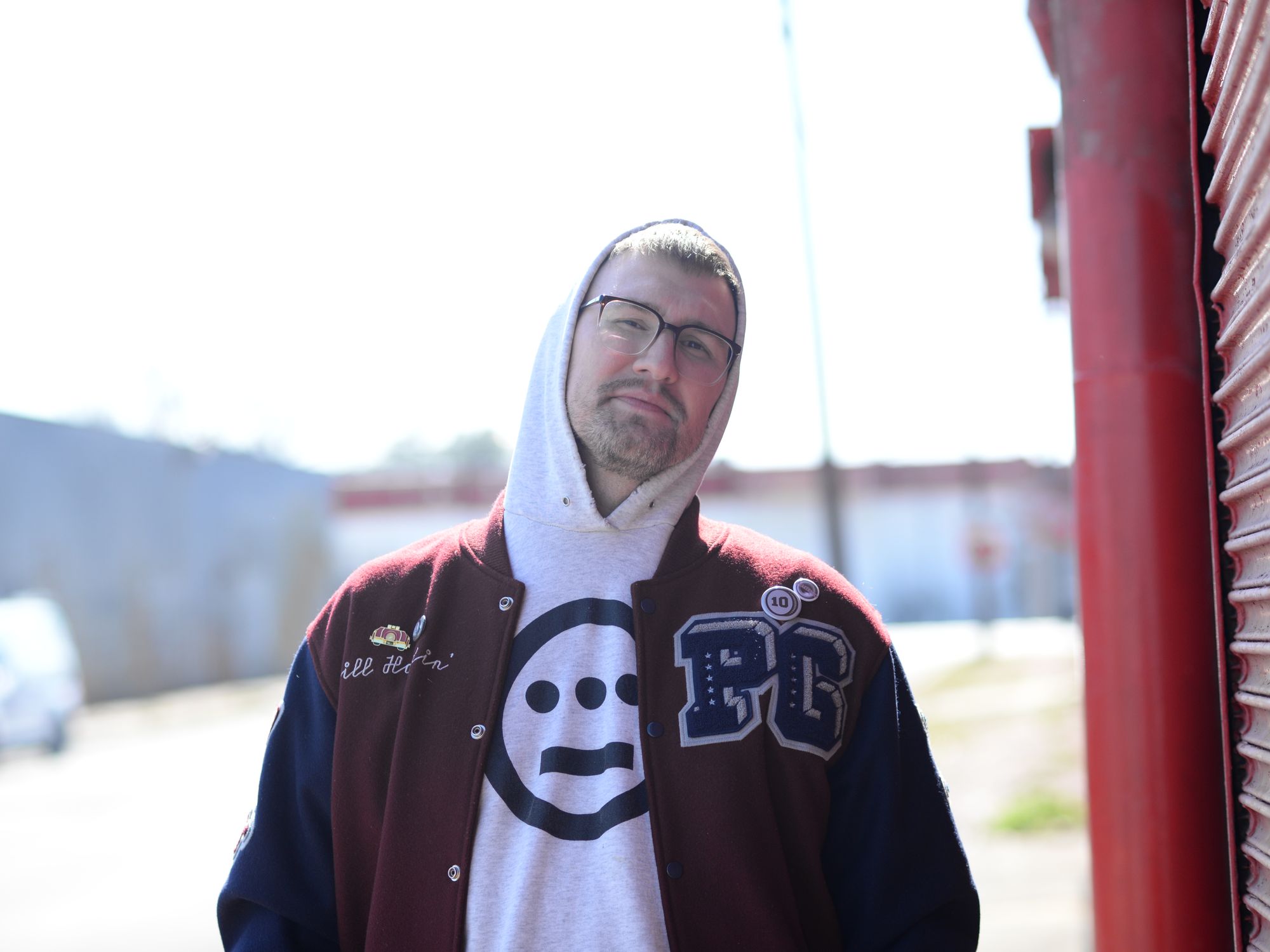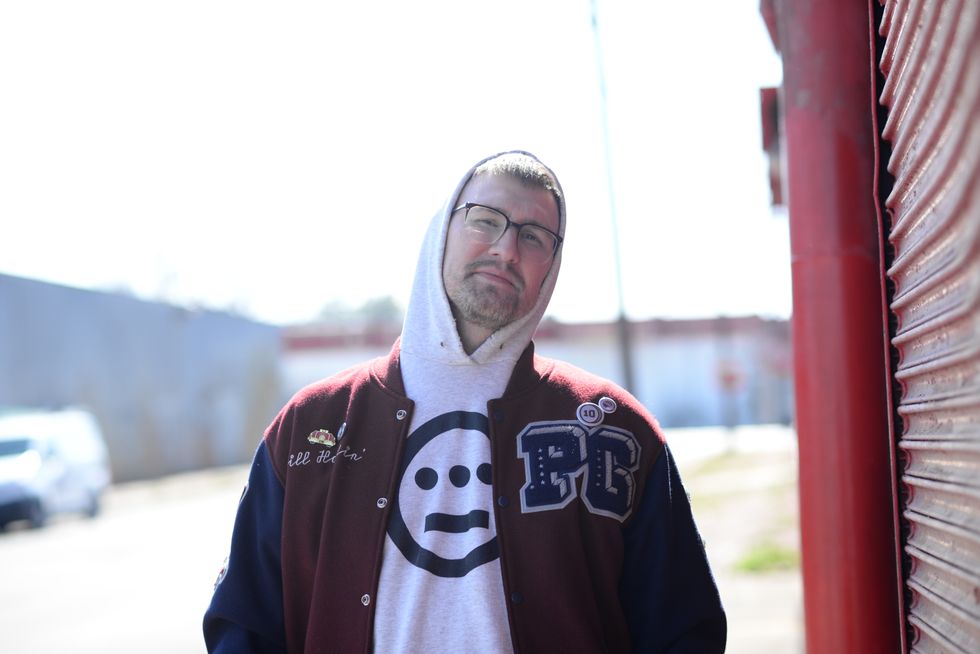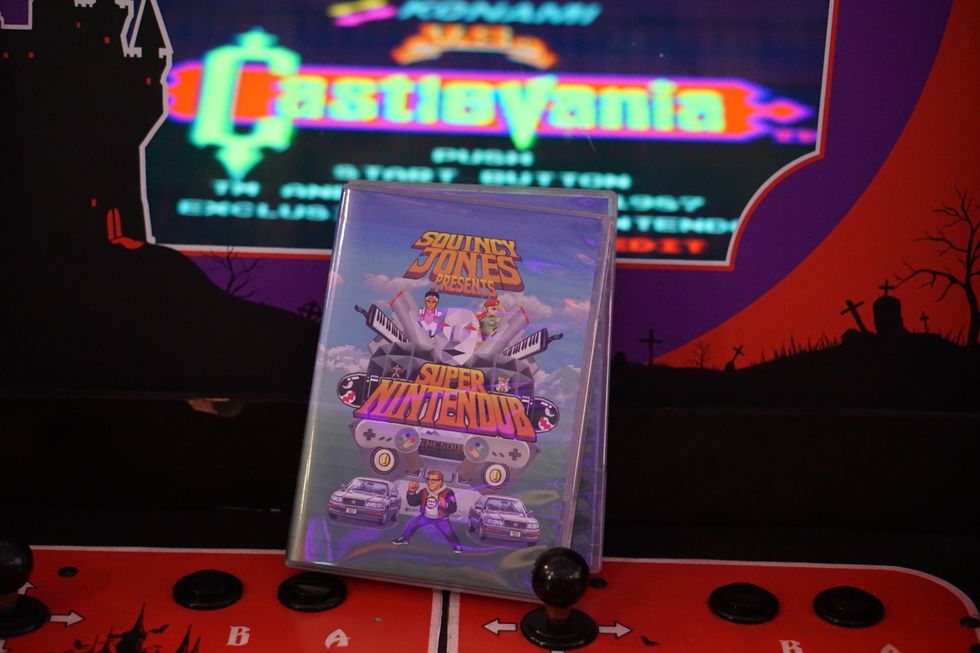No Ordinary Opening Act
Equal to Hendrix: The Guitar God you've never heard of
 Bert Jansch is revered by his music peers.
Bert Jansch is revered by his music peers. Jansch is on the same level as Jimi Hendrix as far as guitar skills.
Jansch is on the same level as Jimi Hendrix as far as guitar skills. Neil Young is the headliner at Jones Hall, but Jansch might put on the bettershow.
Neil Young is the headliner at Jones Hall, but Jansch might put on the bettershow.
When people talk about "guitar gods" Bert Jansch's name doesn't usually crop up alongside the likes of Hendrix, Clapton or Jimmy Page. But to anyone who's followed music over the past 45 years, there's no doubt that Jansch stands on the same plane as these vaunted rock titans.
While he remains a cult figure in the States, Jansch is revered in the United Kingdom as an elder statesman and one of the country's most important artists. But it's his towering influence on fellow musicians that's most impressive.
“When I first heard (Jansch), I couldn’t believe it. It was so far ahead of what everyone else was doing. No one in America could touch that,” Jimmy Page famously said of Jansch a few years before "borrowing" his version of "Blackwaterside" and turning it into the 1969 Led Zeppelin instrumental "Black Mountain Side."
Folk rock troubadour Donovan wrote two songs about Jansch ("Bert's Blues" and "House of Jansch"), Paul Simon based his version of "Angie" on Jansch's, and Neil Young (for whom Jansch will be open for Friday at Jones Hall) commented that "As much of a great guitar player as Jimi [Hendrix] was, Bert Jansch is the same thing for acoustic guitar ... and my favorite."
And it's not just the old guard that's indebted to Jansch's artistry. Take one listen to the acoustic playing of the Smith's Johnny Marr, Blur's Graham Coxon and Devendra Banhart and it's clear that Jansch's influence is still just as strong today.
Blending traditional British Isles music with American blues and jazz, Jansch's compositions are melancholy and brooding with his dexterous fingerpicking taking center stage. Having released over 30 albums, both as a solo artist and as co-founder of the folk-jazz supergroup Pentangle, Jansch has been slowed recently by illness, but he's bouncing back with a rare United States tour this summer.
Jansch's stop at Jones Hall will only be his second ever performance in Texas, coming three years after a well received gig at the Orange Show. CultureMap recently spoke with Jansch from his home outside London to learn more about the underappreciated musician's storied career.
CultureMap: Did you grow up in a household with a lot of music around?
Bert Jansch: No. My mother played the piano, but I don't actually remember her playing it in the house. We were brought up by my mother. I don't remember ever meeting my father, so she was mostly at work when I was a child.
CM: What got you interested in music?
BJ: What got me interested in playing the guitar was at school the teacher brought in a Spanish guitar into the classroom. This is the early '50s and I'd never seen an instrument like it before, but it certainly had an impression on me. And then after that rock and roll started to appear, Elvis Presley, Little Richard and all that, and it just escalated from there. By the time I was 15 I went to a folk club in Edinburgh and that really hooked me.
I remember Brownie McGhee and Sonny Terry actually played this folk club so that was the first time I had ever seen live blues artists, literally two to three feet away from me. It was unbelievable.
CM: How long after you started playing guitar did you begin writing your own songs?
BJ: The first thing I did was write songs. As soon as I learned to play two chords. I think the first song I ever wrote was called "Courting Blues," and that was simply two or three chords that I learned. To me it seemed like a very natural thing to do, to write a song.
CM: Would you say that the folk scene in London during the mid-1960s, when you first moved there, was comparable to the scene in Greenwich Village in New York?
BJ: I think so. I think the two of them actually crossed over quite a bit. Paul Simon came over during that period. Jackson C. Frank came over. We all played in Cousins folk club in London. There were a lot of pop artists as well that came over.
CM: In addition to blues and traditional British music, there's also a distinct jazz element in your playing, especially in some of the Pentangle material. How did these styles all come together?
BJ: Well when we talk about folk, generally jazz comes into it as well. When I met Danny Thompson and Terry Cox, they were the sort of resident rhythm section at Ronnie Scott's (Jazz Club) and this was about the time we formed Pentangle. So, the rhythm section was already a jazz section. And with Jacqui (McShee) singing traditional stuff it just sort of seemed natural to put the whole thing together.
CM: Did you ever consider spending more time playing the electric guitar?
BJ: I've got a Schecter at home which I'll occasionally pick up, but I do find it to be a large gulf, for me anyway, to go from acoustic to electric. I (find) the noise coming out of an amp rather than the instrument itself to be a little strange. I've rather enjoyed the attempts at it, but I've never really seriously gone full tilt.
CM: What do you think it is about your style of playing and writing that has influenced so many of your peers?
BJ: Well, I'm not very sure actually because in my early days I tried to emulate everybody else, so it seemed a bit funny that they were all influenced by me.
CM: What about some of the younger artists, do you hear any of your style in their playing?
BJ: Occasionally. I can hear it in people like (The Smith's) Johnny Marr when he plays acoustic. That's when you can actually hear the influence. I was flabbergasted that he knew quite a bit of my material. In fact, he was actually teaching some of the songs back to me.
CM: How was the experience of playing with Pentangle again after so many years apart?
BJ: Oh, that was great. It was fantastic. We actually knocked ourselves out and really enjoyed each other's company.
CM: Was it like riding a bicycle or was there rust?
BJ: Well, it was pretty rough ride at first. Some of it comes back so quickly, but there are other things where you're like, "God almighty, did I play that?" So, some of it was a big learning curve and other parts were fantastically natural.
SAMPLE BERT JANSCH BELOW:
Adobe Flash Required for flash player. "Black Water Side"
Adobe Flash Required for flash player. "Courting Blues"
Adobe Flash Required for flash player. "The Time Has Come" by Pentangle


